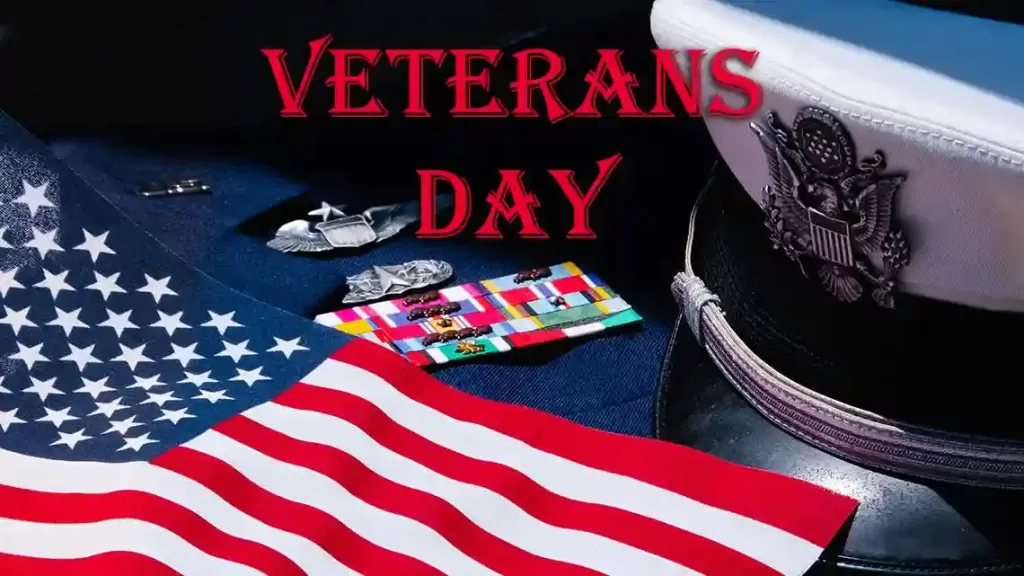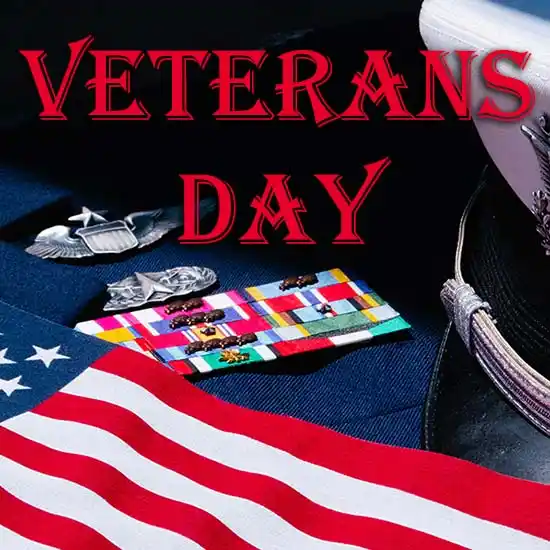Every year on November 11, the United States observes Veterans Day. It is a time to honor the bravery, sacrifice, and dedication of those who have served in the armed forces. Veterans Day is more than just a holiday! It’s a moment to recognize the unique challenges veterans face during and after their service. Recently, cannabis has gained attention as a potential aid in addressing some of the challenges veterans encounter, from managing chronic pain to improving mental well-being.
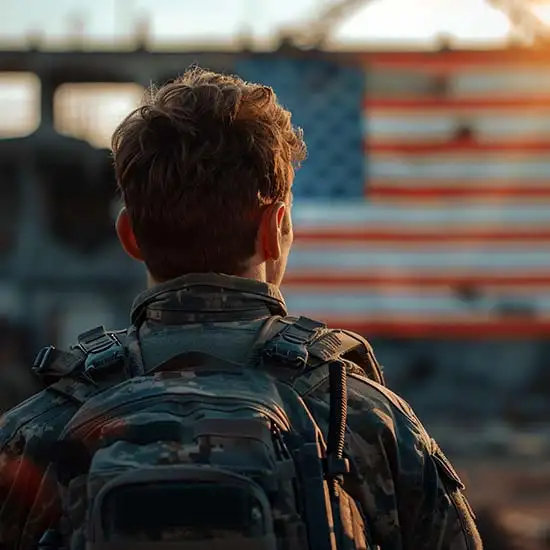
In this blog, we’ll explore the role of cannabis in supporting veterans’ health. We will examine its benefits, challenges, and why it’s increasingly becoming a part of the conversation on veteran wellness.
Understanding Health Needs on Veterans Day
For many veterans, transitioning from military service to civilian life is challenging. They often deal with unique health issues that can be long-lasting, such as:
- Chronic Pain: Physical injuries from active duty can lead to chronic painconditions, impacting everyday activities and quality of life.
- Mental Health Struggles: Issues like post-traumatic stress disorder (PTSD), depression, and anxietyare common among veterans. These conditions often stem from traumatic experiences during their service.
- Sleep Disturbances: Many veterans experience insomnia or disrupted sleep patterns. Theyh can contribute to overall poor health and exacerbate mental health conditions.
The Role of Cannabis in Veteran Wellness
Cannabis has emerged as a promising option to support veteran health due to its potential therapeutic properties. While research on cannabis and veterans is still developing, there are some key areas where cannabis may help:
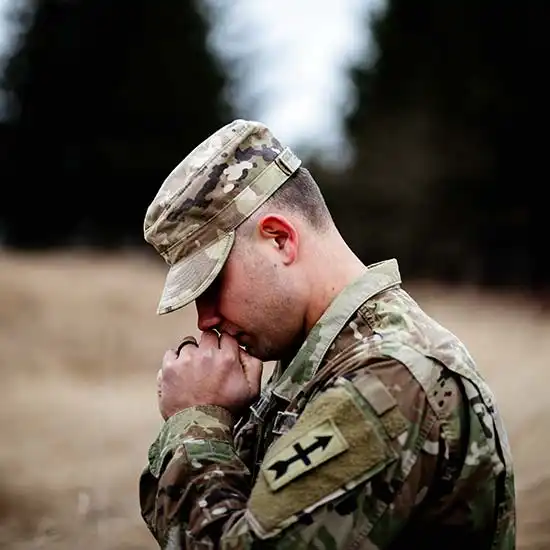
Managing Chronic Pain
Many veterans rely on painkillers to manage chronic pain, but prescription painkillers can lead to dependency and other health issues.
Cannabis offers a natural alternative, with some veterans reporting effective pain relief from both THC and CBD.
THC, the psychoactive compound in cannabis, can offer pain relief,. On the other hand, CBD may reduce inflammation and ease chronic pain without the high.
Reducing PTSD Symptoms
PTSD is one of the most significant mental health issues veterans face. Traditional treatments include therapy and prescription medications. However, cannabis has shown promise in reducing symptoms like anxiety and hypervigilance.
Some studies suggest that cannabis particularly strains high in CBD, can help reduce the intensity of traumatic memories. Such memories, of course, are a core symptom of PTSD.

Improving Sleep Quality
Sleep is essential for healing and mental clarity, yet many veterans struggle with insomnia. THC-heavy cannabis strains can aid in falling asleep faster and staying asleep longer. As a result, they can be beneficial for those dealing with PTSD-related sleep issues.
Microdosing with cannabis can be a way to promote relaxation and improve sleep patterns without the intense psychoactive effects.
Breaking Down the Science: How Cannabis Works in the Body
Cannabis contains active compounds like cannabinoids that interact with the body’s endocannabinoid system (ECS). The ECS is a network of receptors found throughout the brain and body. It regulates various functions, including pain, mood, and sleep. For veterans, cannabis can support the ECS in maintaining balance, which may alleviate symptoms of chronic pain, anxiety, and insomnia.
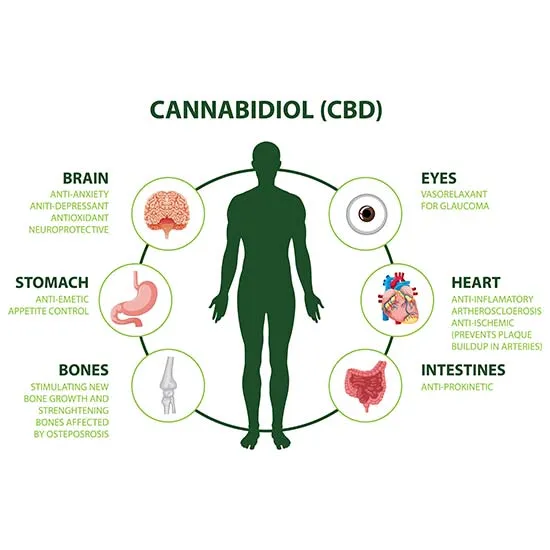
Cannabinoids in Cannabis That Benefit Veterans
- THC: Offers pain relief and can promote sleep but comes with psychoactive effects.
- CBD: Known for its anti-inflammatory and anxiolytic properties, which may benefit veterans with chronic pain and PTSD without causing a high.
- CBN (Cannabinol): Less well-known but beneficial for sleep aid, potentially helpful for veterans with sleep issues.
Cannabis and Mental Health: A Holistic Approach for Veterans
One of the most compelling aspects of cannabis for veterans is its potential to help with mental health conditions such as PTSD. Veterans who struggle with PTSD may experience flashbacks, anxiety, and intense emotional responses. Cannabis offers a way to reduce anxiety levels and encourage relaxation.
Key Benefits of Cannabis for Mental Health
- Reduces Anxiety: High-CBD strains are known to be effective in lowering anxiety, helping veterans feel more at ease in their day-to-day lives.
- Improves Mood: Cannabis may assist in stabilizing mood swings, which can be beneficial for veterans dealing with depression and irritability.
- Supports Therapy: Many veterans find that cannabis, when used responsibly, helps them open up in therapeuticsettings, aiding in the healing process.
Navigating the Challenges: Access and Legal Issues
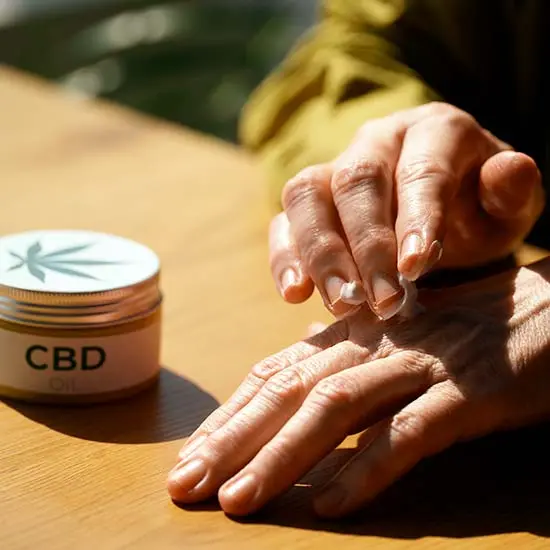
Despite its potential, cannabis use among veterans is complex due to legal restrictions and inconsistent access. Although many states have legalized cannabis for medical or recreational use, the federal government still classifies cannabis as a Schedule I substance.
This classification means that veterans who are interested in using cannabis may face difficulties, particularly if they rely on federal benefits.
Challenges Veterans Face with Cannabis Use
- VA Restrictions: The U.S. Department of Veterans Affairs (VA) does not allow its doctors to prescribe or recommend cannabis, even in states where it is legal.
- Risk of Losing Benefits: Some veterans worry that using cannabis could jeopardize their federal benefits or access to VA services.
- Cost and Accessibility: For veterans on fixed incomes, the cost of high-quality cannabis products can be prohibitive, especially since insurance does not cover them.

Why Public Support and Policy Change Matters
For veterans to have safe, affordable access to cannabis, policy change is essential. Advocacy groups and veteran organizations are increasingly pushing for policy reforms to allow for cannabis research and access. Many veterans argue that their service and sacrifices merit the freedom to choose cannabis as part of their treatment.
Current Legislative Efforts Supporting Veterans’ Cannabis Use
- Veterans Medical Marijuana Safe Harbor Act: This bill, if passed, would allow veterans in legal states to use cannabis without risking their benefits.
- VA Medicinal Cannabis Research Act: This proposed legislation would authorize the VA to study the effects of medical marijuana for veterans with PTSD and chronic pain, aiming to build a stronger foundation of research.
Advocating for Cannabis Legalization on Veterans Day
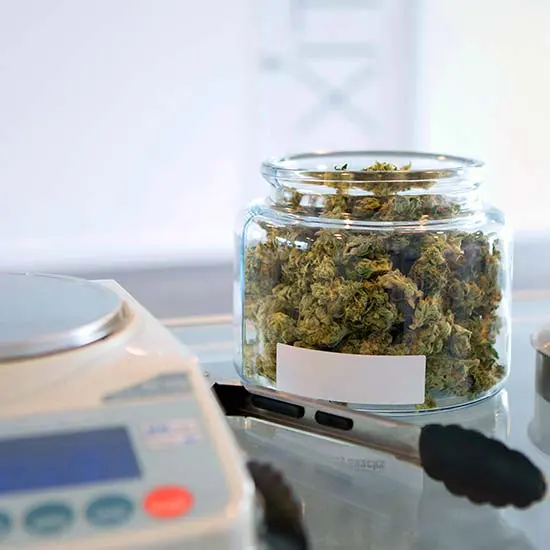
Veterans themselves have become some of the most passionate advocates for cannabis legalization. Many veterans speak out about how cannabis has positively impacted their lives, both physically and mentally. By sharing their stories, these veterans help to change public opinion and pave the way for future policy changes.
Cannabis Organizations and Programs Supporting Veterans
Several nonprofit organizations and advocacy groups work tirelessly to support veterans seeking cannabis treatment options:
- Veterans Cannabis Project: This organization educates lawmakers and the public on the benefits of cannabis for veterans, advocating for safe and legal access.
- Operation EVAC: This organization provides support and community-building through cannabis education and peer support for veterans coping with PTSD.
- Weed for Warriors Project: This veteran-led group advocates for cannabis use as an alternative to opioids and other medications, supporting overall health and community reintegration.
Integrative Approaches: Combining Cannabis with Traditional Therapies for Holistic Veteran Care
Veterans often rely on a combination of therapies to manage their health conditions. This integrative approach combines traditional methods like talk therapy, medication, and physical rehabilitation with alternative treatments, including cannabis, for a more holistic approach to healing.
1. Cannabis and Physical Rehabilitation
Physical injuries, particularly among combat veterans, often lead to chronic pain that requires ongoing rehabilitation. When used thoughtfully, cannabis can enhance these rehab sessions by reducing inflammation and providing pain relief.
Cannabis may also help veterans manage the psychological toll of physical therapy by promoting a more relaxed and open mindset during challenging recovery exercises.
2. Cannabis and Cognitive Behavioral Therapy (CBT)
For veterans experiencing PTSD, anxiety, or depression, Cognitive Behavioral Therapy (CBT) is often a primary treatment method. Some veterans find that using cannabis before or after therapy sessions helps reduce anxiety, making them more receptive to CBT techniques.
Strains rich in CBD are known to have anti-anxiety properties, which can help veterans enter sessions with a clearer mind and reduce the likelihood of feeling overwhelmed or triggered by difficult memories.
3. Yoga and Mindfulness with Cannabis
Practices like yoga and mindfulness can be powerful tools for veterans coping with stress, trauma, or chronic pain. Some veterans report that microdosing cannabis before yoga or mindfulness sessions enhances their relaxation and concentration, allowing for a deeper, more healing experience.
CBD-infused oils or low-THC edibles are becoming popular among veterans who use cannabis to aid mindfulness and pain management without feeling overly affected by THC’s psychoactive effects.
The integration of cannabis into various therapies offers veterans a customizable toolkit that can address both physical and mental health challenges in a balanced way. This integrative approach to cannabis use emphasizes its potential as a complementary tool, not a standalone solution, and underscores the importance of well-rounded, accessible healthcare options for veterans.
The Future of Cannabis Research: What It Means for Veteran Health
As cannabis gains traction for its potential health benefits, more research is underway to understand its effects and limitations fully. For veterans, this research could be life-changing, especially as more data emerges on cannabis’s effectiveness for PTSD, chronic pain, and mental wellness.

1. Promising Studies on Cannabis and PTSD
Early studies indicate that cannabis may help regulate the brain’s endocannabinoid system, which is often imbalanced in individuals with PTSD. Veterans with PTSD might benefit from cannabis’s potential to reduce the severity of trauma-related symptoms like flashbacks and hypervigilance.
Ongoing clinical trials are investigating the effectiveness of specific cannabinoids for PTSD, such as CBD and CBN. As these studies yield results, veterans will have a clearer understanding of which strains and doses best suit their needs.
2. Investigating Cannabinoids Beyond THC and CBD
While THC and CBD are the most widely known compounds, cannabis contains many other cannabinoids that may also benefit veterans. For example, CBN is often used for sleep, while CBG has shown potential in reducing anxiety.
Research on these less-known cannabinoids could uncover new, targeted applications for veterans, leading to more customized treatments for issues like sleep disruption or specific pain types.

3. Advocacy for Federal Research Funding
Federal funding for cannabis research is still limited due to cannabis’s Schedule I classification. This restriction has limited the depth of research into its effects, leaving veterans without a comprehensive understanding of cannabis’s potential.
As more veterans and advocacy groups call for federal support for cannabis research, we may see significant strides in scientific understanding, allowing veterans to make more informed choices about cannabis as a therapeutic option.
The growth of cannabis research promises an exciting future for veterans’ healthcare. With new studies uncovering the science behind cannabis and its effects on the body, veterans will have access to a broader array of evidence-based options for managing their health. This shift toward informed, scientifically-backed cannabis use is a promising direction for those seeking natural solutions to complex health issues.
Community Support and Advocacy: How Veterans are Shaping Cannabis Policy
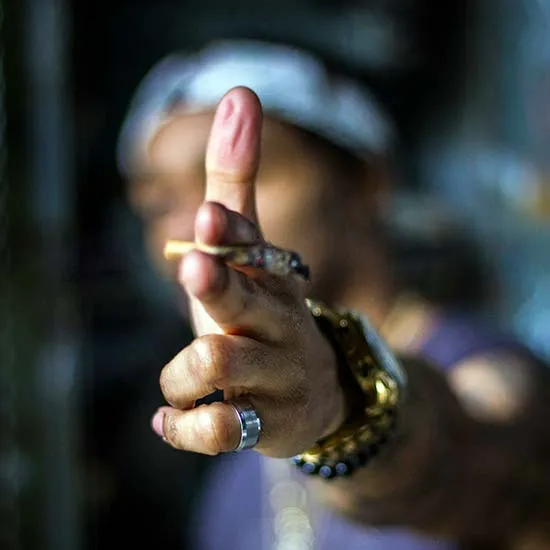
Veterans are not only consumers of medical cannabis but also active advocates in the cannabis reform movement. Through grassroots activism, community support groups, and policy advocacy, they have become a powerful voice for change in cannabis legislation.
1. Veteran Advocacy Organizations and Cannabis Legalization
Organizations like the Veterans Cannabis Project, Weed for Warriors, and Veterans for Cannabis advocate for cannabis reform on behalf of veterans nationwide. These groups not only push for policy changes at both state and federal levels but also provide veterans with access to information and community support.
These organizations often lobby for issues such as the reclassification of cannabis to make it easier to study and the right of VA doctors to discuss and recommend cannabis without fear of penalties. By addressing these critical issues, they work to ensure that veterans have access to safe, reliable cannabis options as part of their medical care.
2. Community Support and Peer Counseling
Many veterans feel isolated when returning to civilian life, especially if dealing with PTSD or other mental health challenges. Community support networks where veterans can share their experiences with cannabis in a safe, understanding environment are invaluable.
Peer counseling groups often allow veterans to exchange advice on effective strains, dosing, and managing potential side effects. This collective knowledge helps veterans make informed decisions while building a supportive network of individuals who understand their unique needs.
3. Breaking the Stigma Around Cannabis Use for Veterans

High-profile veterans who openly discuss their cannabis use for PTSD, pain management, or anxiety are slowly changing public perceptions. This shift not only benefits veterans but also promotes a broader societal acceptance of cannabis as a therapeutic tool, creating a more supportive landscape for all cannabis users.
4. Supporting Future Generations of Veterans with Improved Cannabis Access
where cannabis is more accessible and less stigmatized for the next wave of service members in need of alternative therapies.
This advocacy isn’t just about current needs; it’s a long-term effort to reshape how medical cannabis is perceived and administered in the U.S. Veteran-driven reforms ensure that future veterans can receive the care they need without stigma or unnecessary hurdles.
The impact of veterans on cannabis reform underscores the power of community advocacy in shaping policies. Veterans’ firsthand experiences highlight the need for compassionate cannabis laws and accessible options for those seeking natural healing, making them instrumental in the broader fight for cannabis reform.

Conclusion: Supporting Our Warriors on Veterans Day and Beyond
This Veterans Day, as we honor the courage and sacrifice of our veterans, it’s essential to consider their needs beyond just gratitude. As awareness grows about the potential benefits of cannabis for veterans, we move closer to a future where they can access the treatments that genuinely support their well-being.
The journey of cannabis legalization and veterans’ access is still ongoing, but the message is clear: our veterans deserve options. Cannabis, with its unique properties, may just be one of the tools that can make a positive difference. Supporting veterans in their health choices is not only a step forward for individual wellness but also a broader step toward compassionate, comprehensive care for those who have served.
The information provided is not a substitute for professional medical advice, diagnosis, or treatment. Consult with a qualified healthcare professional for personalized advice based on your medical condition.

